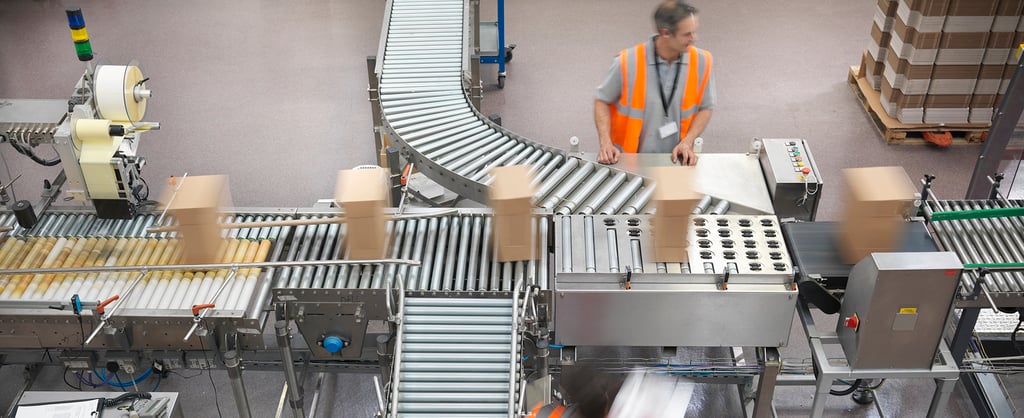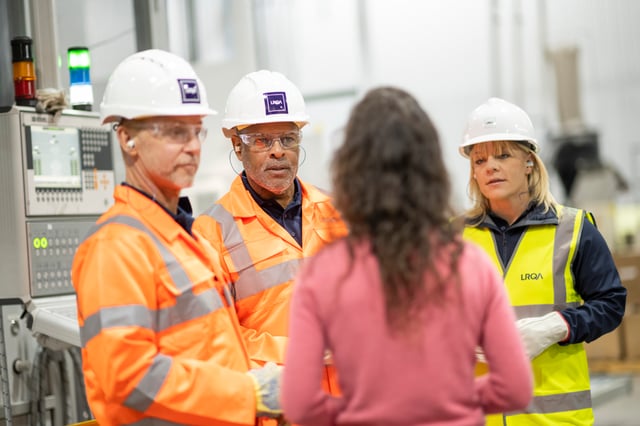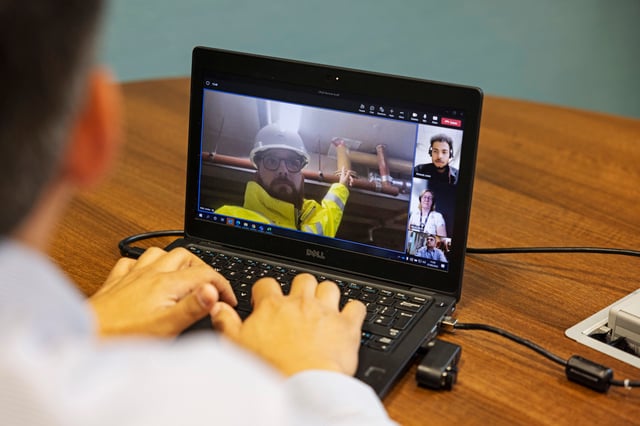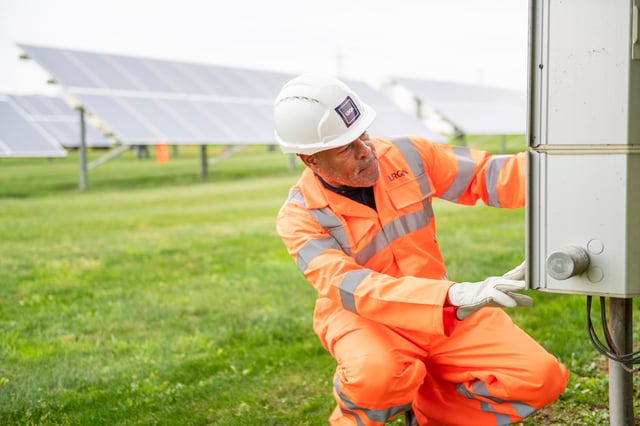
Understand your product’s environmental impact
In a world full of fast-changing risks and a complex regulatory environment, consumers increasingly seek products with lower carbon footprints, contributing to a more responsible lifestyle. For end users, understanding a product's carbon footprint is essential in making informed purchasing decisions.
As well as meeting consumer expectations, product carbon footprinting is an essential aspect of sustainable business practices and involves calculating the total greenhouse gas emissions associated with the entire life cycle of a product. From raw material extraction to manufacturing, distribution, use, and disposal, this comprehensive assessment enables your business to quantify its environmental impact and identify opportunities for improvement.
Our product carbon footprinting services
Our people are experts and understand that every business is unique. That’s why we partner with you to fully understand your needs and goals and how we can best support you to demonstrate your commitment and meet the growing demand for products with lower carbon footprint in the marketplace.
![]()
LRQA verification
Independent verification of your carbon footprint towards your environmental objectives, enhancing transparency and provide valuable insights to inform critical decisions.
![]()
Actionable insight
Our data-driven approach means our expertise in product carbon footprinting is underpinned by extensive analytics, which can be applied to address current and future risks within your operations and supply chain.
![]()
Integrated approach
We combine organization and product verified data to effectively address the verification of your organization's commitments to reduce product carbon footprint.
ISO 14067 product carbon footprint verification
ISO 14067 specifies the principles, requirements and guidelines for the quantification and reporting of the carbon footprint of a product (PCF) and is consistent with life cycle assessment (LCA) Standards (ISO 14040 and ISO 14044). This Standard contributes to the UN Sustainable Development Goal 13 on Climate Change. LRQA offers several approaches to product carbon footprint verification depending on your needs, from validating a calculator (Systematic approach) to a specific product or a product family.
PAS 2050 product carbon footprint verification
PAS 2050 provides a framework for organisations of any size and location to assess the greenhouse gas (GHG) emissions of their goods and services throughout their life cycle – from raw materials and production through to use and disposal. By assessing the emissions of your products, PAS 2050 can help you to identify potential energy and cost savings. It can help organisations to reduce emissions by evaluating different product configurations, materials and supplier selection and production methods.
GHG Protocol
The GHG Protocol is a widely accepted global standard for measuring and managing greenhouse gas emissions. It provides guidance for quantifying and reporting emissions and establishing reduction goals across the value chain. Organisations use it to support climate strategies, manage emissions, and align with global GHG accounting practices.
Why work with us?
Global capability
We’re everywhere you are. With highly qualified auditors worldwide, we can provide a local service, including product carbon footprinting, with a globally consistent dedication to excellence.

Flexible delivery
Our carbon footprinting services can be delivered on-site or remotely using safe and secure technology. By blending face-to-face and digital methodologies we create a service delivery model to best support your needs.

A history of firsts
We were first to receive accreditation to deliver certification services for a range of quality, environmental, and health and safety standards across the globe. And we continue to be instrumental in developing a variety of specific standards across different sectors, including verification services.

Sustainable focus
With over 20,000+ audits carried out every year, including product carbon footprinting, we are one of the world’s largest ESG specialists. We have developed the world’s first end-to-end supply chain ESG due diligence platform, incorporating unique proprietary data that is verified from the ground up.


Château Troplong Mondot obtains GES verification from LRQA
Read the case study detailing LRQA's GES verification for Château Troplong Mondot, where LRQA ensured standards were in line with the environmental cause: IWCA
View case study







